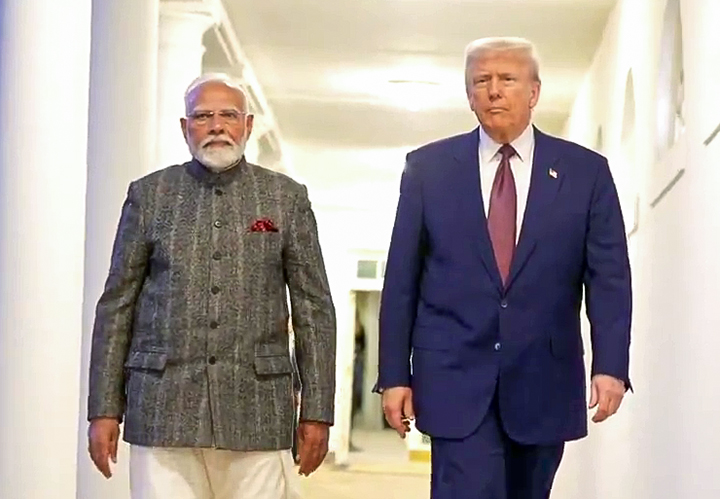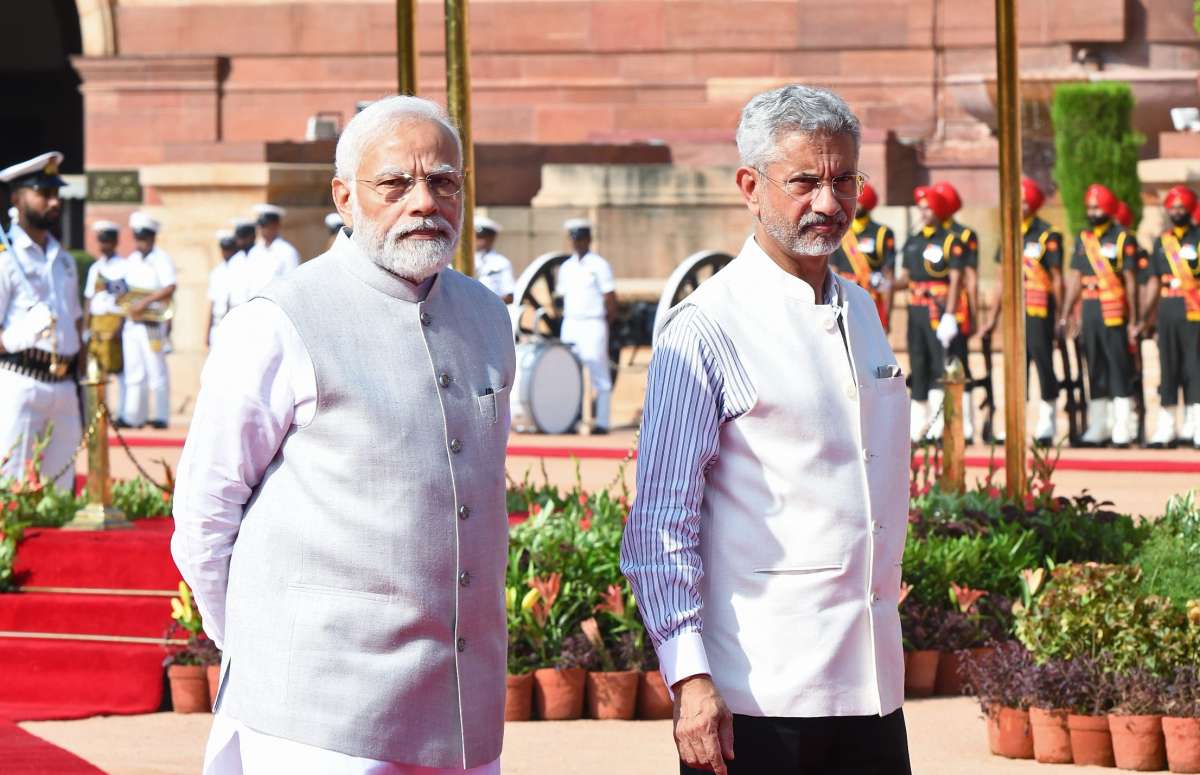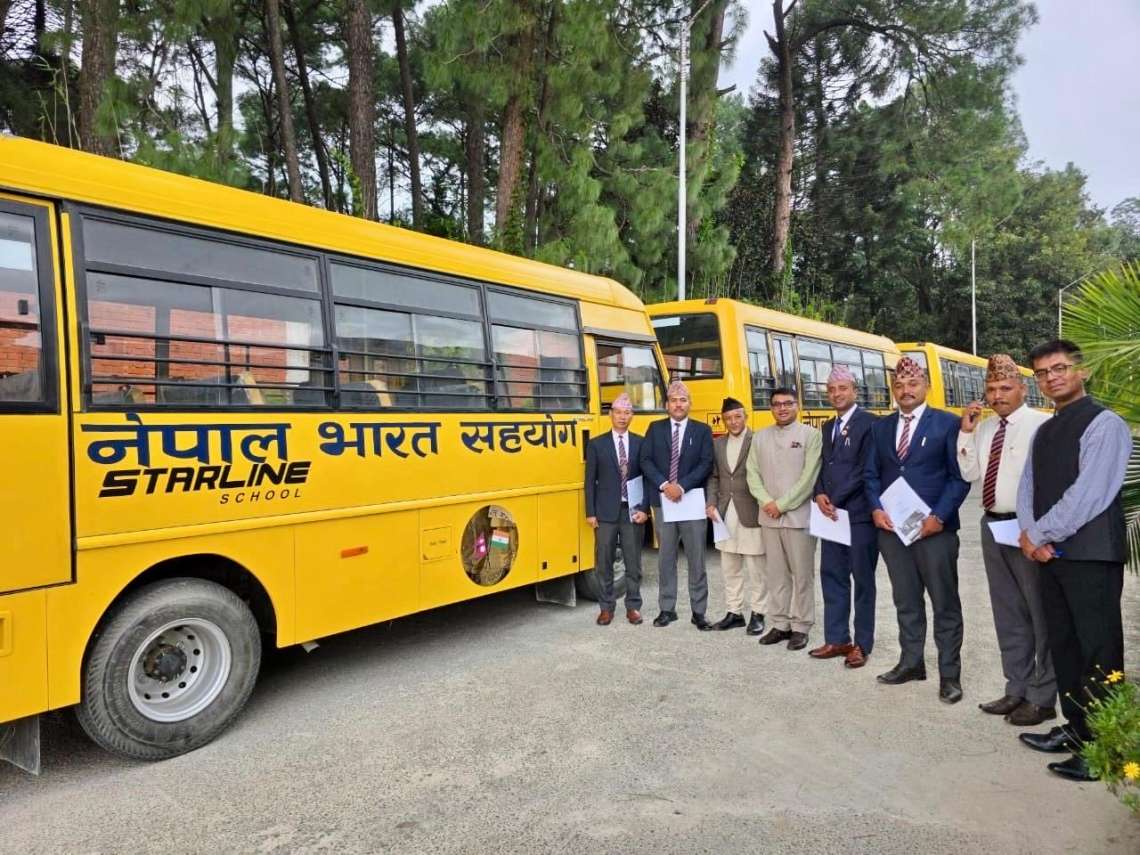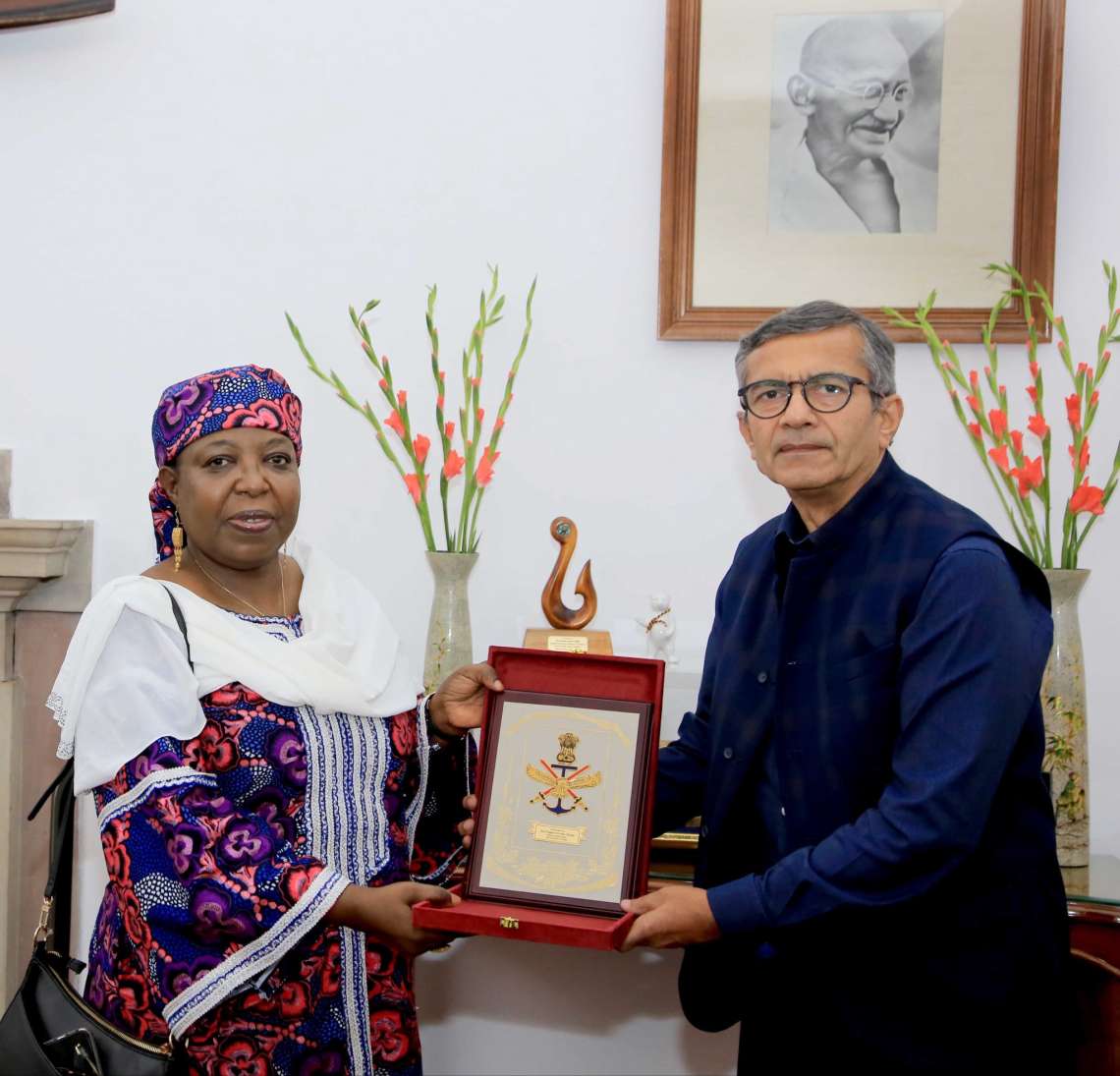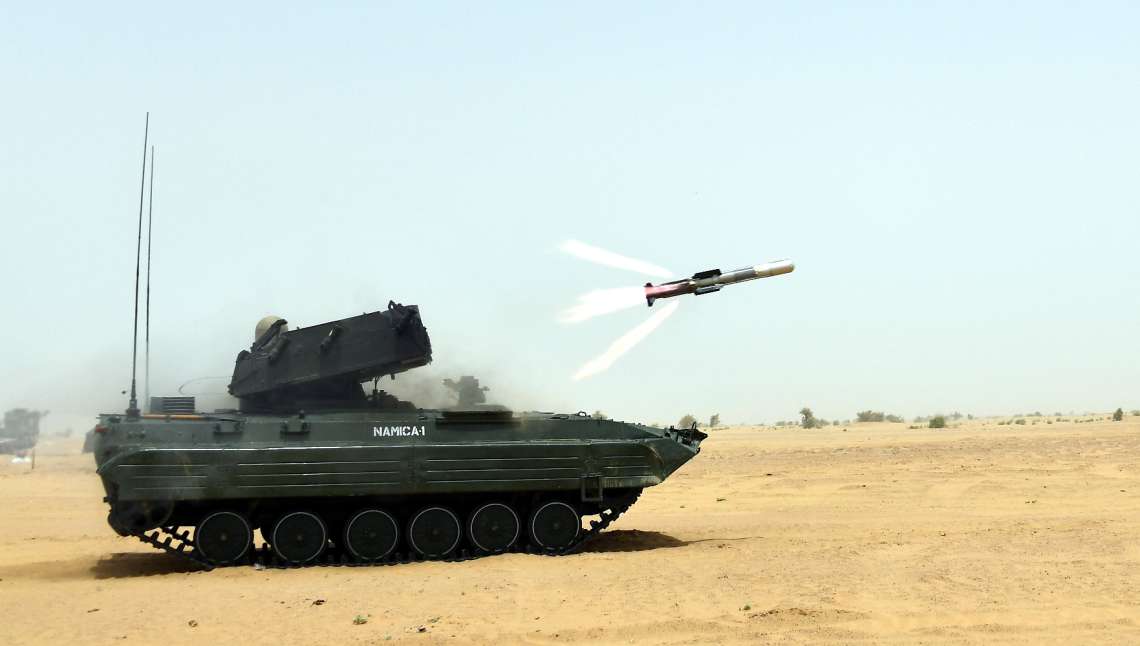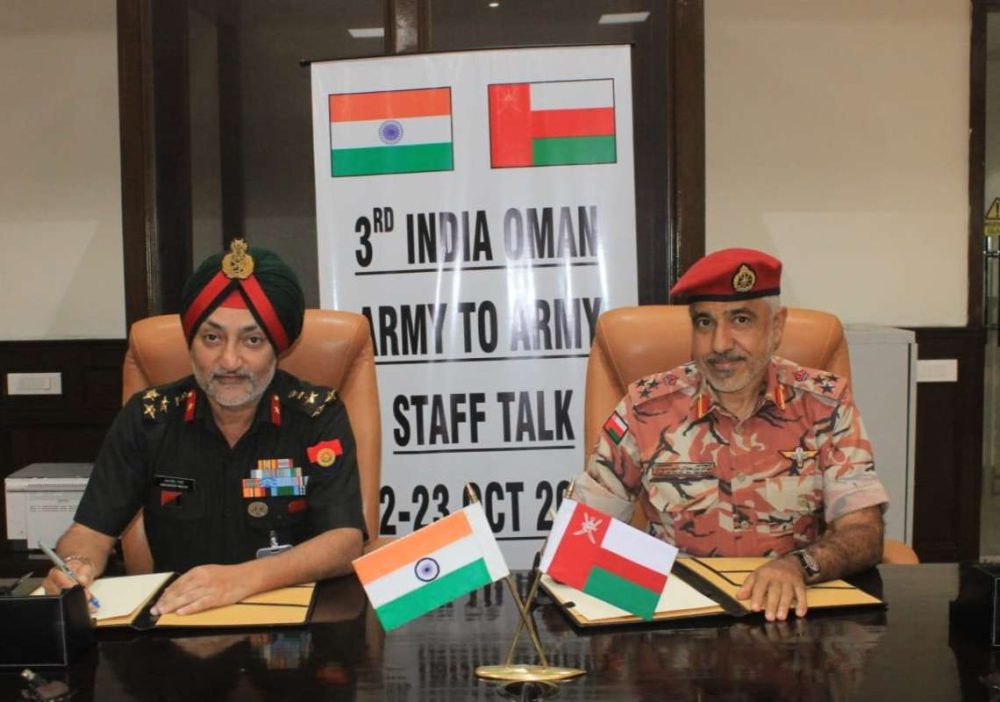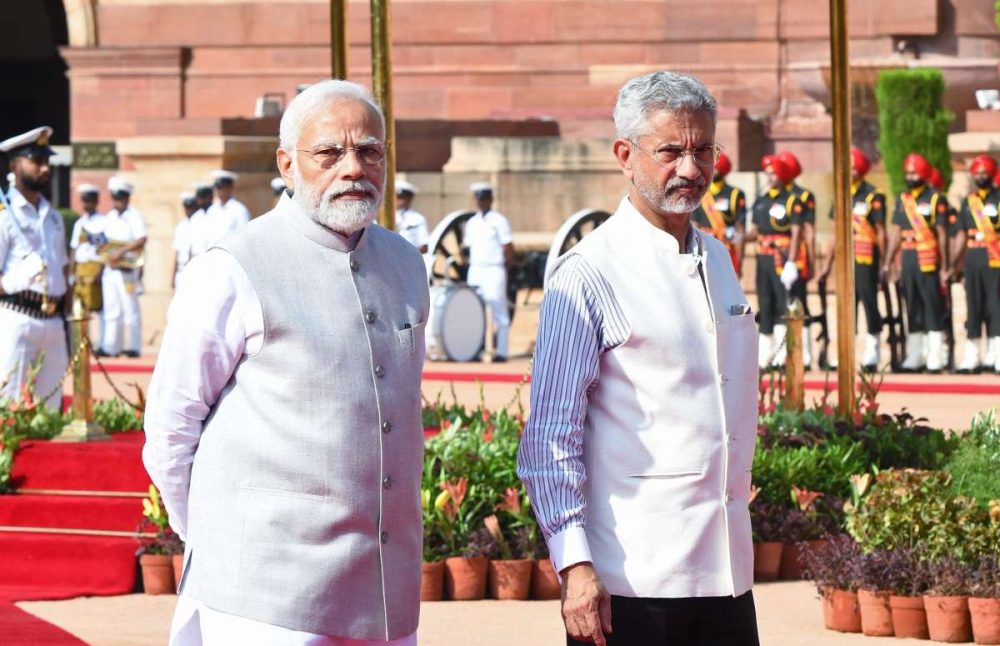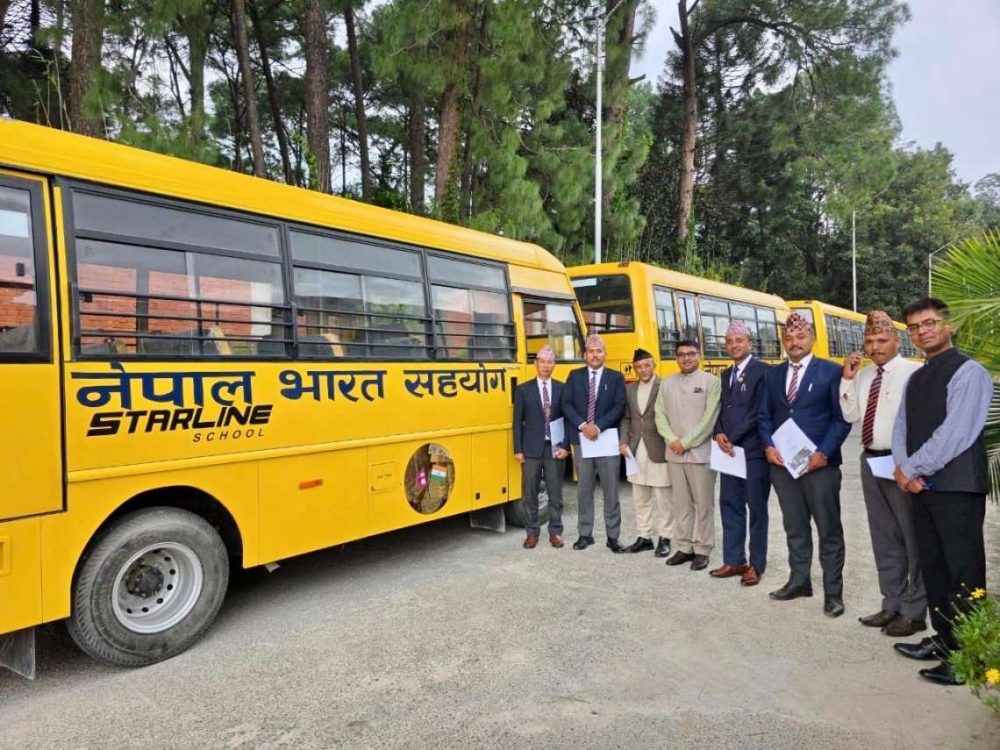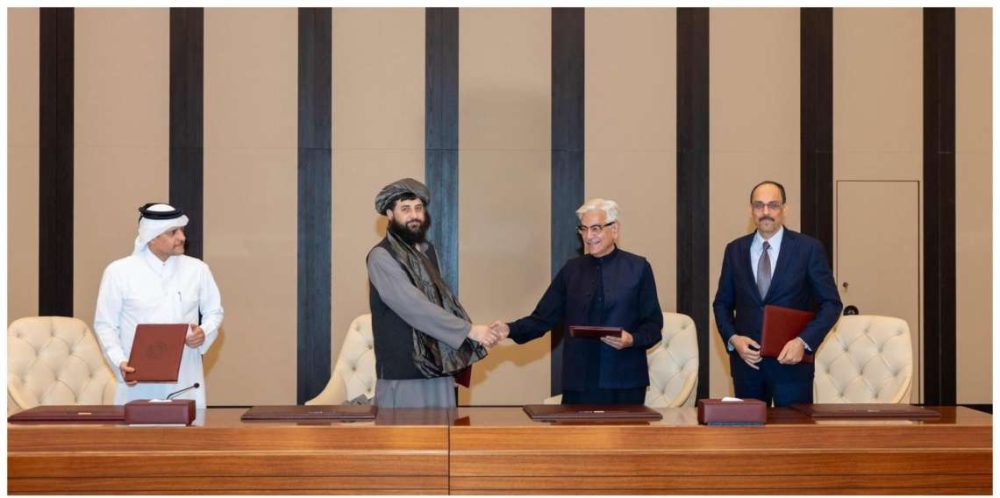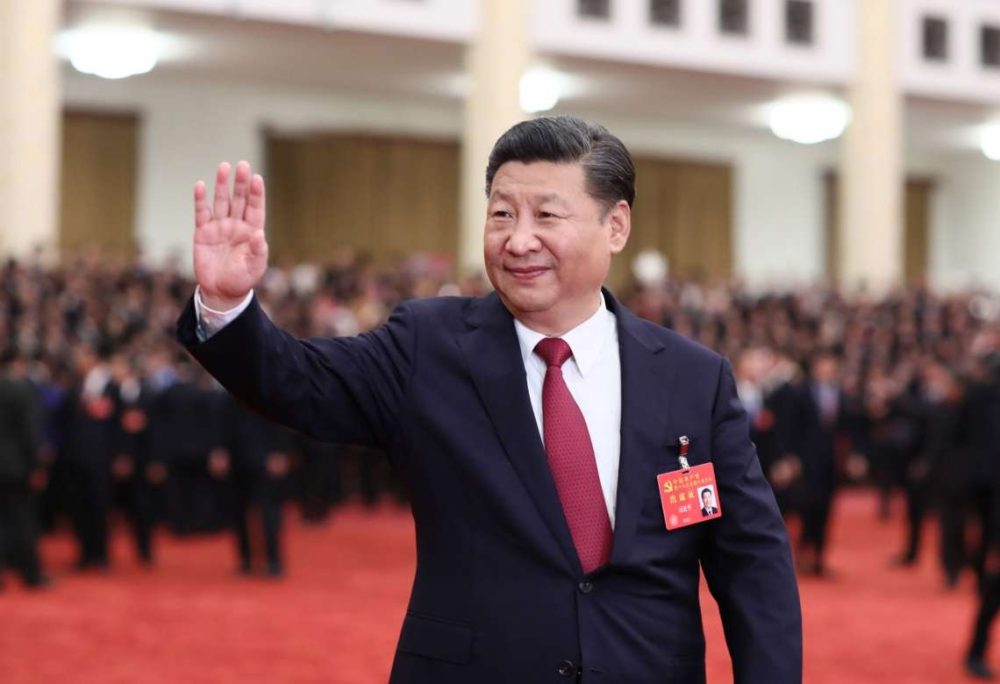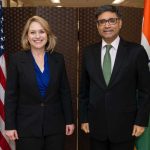US President Trump once again claimed Prime Minister Modi promised to cut Russian oil imports by year-end, even as India denies any recent call or commitment, stressing energy independence.
United States President Donald Trump has again claimed that Prime Minister Narendra Modi assured him India would “bring Russian oil imports down to almost nothing” by the end of the year — a statement New Delhi has promptly denied.
Speaking to reporters at the White House on Wednesday (local time) while hosting NATO Secretary General Mark Rutte, Trump said, “India, as you know, told me that they would stop. It is a process; you can’t just stop it. But by the end of the year, they will be down to almost nothing. That’s a big thing — that is almost 40 per cent of the oil. India has been great. Spoke to Prime Minister Modi yesterday, and they have been absolutely great.”
The comments mark yet another instance of the US President asserting that India has agreed to phase out energy imports from Russia, even as the Indian government has consistently denied any such commitment.
According to Trump, the supposed decision would unfold “gradually” over the coming months, as part of a broader effort to weaken Moscow’s oil revenues amid its ongoing conflict with Ukraine.
India Denies Fresh Trump Call
The Ministry of External Affairs (MEA) moved swiftly to reject the claim, clarifying that no call took place between the two leaders this week. MEA Spokesperson Randhir Jaiswal told reporters, “On the question of whether there was a conversation or a telephone call between Prime Minister Modi and President Trump, I am not aware of any conversation yesterday between the two leaders.”
Jaiswal confirmed that the last call between Modi and Trump occurred on October 9, when the Indian leader congratulated the US President on the success of the Gaza peace plan — not on issues related to oil or Russia.
India’s official stance remains unchanged: its energy sourcing decisions are guided by national interests, with the primary objective of securing affordable and stable supplies for domestic consumers.
Tariffs and Tensions
Trump’s latest comments came just two days after he warned that India would continue to face steep tariffs unless it halted Russian oil imports. Speaking to reporters aboard Air Force One on Monday, he said, “Well then, they’re going to just keep paying a lot of tariffs if they said that, but I don’t believe they said that. No, I spoke with Prime Minister Modi of India, and he said he’s not going to be doing the Russian oil thing.”
The US President added, “But if they want to say that, then they’ll just continue to pay massive tariffs, and they don’t want to do that.”
Earlier this year, Trump imposed 50 per cent tariffs on several Indian goods, urging New Delhi to diversify its energy sources and align more closely with Washington’s efforts to isolate Moscow economically.
However, India has consistently defended its position, arguing that discounted Russian oil helps keep domestic fuel prices stable in a volatile global market. Indian officials maintain that purchases from Moscow are purely commercial, not political, and form part of the country’s broader strategy of energy diversification.
Trump Links Energy and Geopolitics
In his remarks, Trump also turned his attention to China’s relationship with Russia, blaming previous US administrations for driving the two nations closer. “China is a little bit different. It was never good, but because of Biden and Obama, they got forced together,” he said. “You should not have forced China and Russia together. Biden did that, and Obama did that. They forced them together because of energy, oil.”
Looking ahead to his upcoming meeting with Chinese President Xi Jinping, Trump said the two leaders would “probably” discuss Russian oil imports but that his primary focus would be on ending the war in Ukraine. “I think Xi would like to see the war end. I think he will have a big influence on Putin,” Trump said, calling Xi a “very strong leader” who could “urge a ceasefire.”
A Pattern of Familiar Claims
Trump’s repeated assertions about Modi’s supposed pledges on Russian oil have drawn attention in both Washington and New Delhi. Since October, he has made similar claims at least four times — each promptly denied by Indian officials.
Observers say the former reality-TV-host-turned-president appears eager to showcase his ability to influence global partners on strategic issues, particularly as his administration pushes for a negotiated end to the Russia–Ukraine war.
For India, however, the challenge remains maintaining its delicate diplomatic balance — sustaining a strong partnership with the United States while preserving energy ties with Russia, a traditional defence and trade ally.
As the war drags on and oil markets remain unpredictable, New Delhi’s message has been consistent: India will continue to buy energy wherever it finds the best deal, guided by the needs of its citizens, not the politics of great powers.


